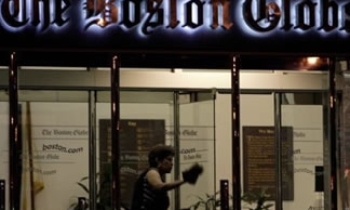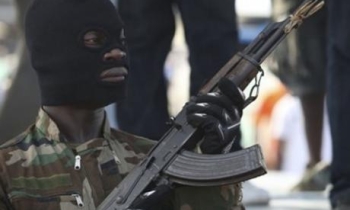The government threat to journalistic privilege is now as great as it has been since the Reporters Committee for Freedom of the Press began its annual Homefront Confidential report six years ago.
The report, which studies how the war on terrorism has affected access to information, rates several categories according to a scale that mimics the color-coded threat level of the Department of Homeland Security.
With New York Times reporter Judith Miller still sitting in an Alexandria, Va., jail for failing to give up a source on her reporting of the leak of the name of CIA employee Valerie Plame, it is no surprise that the threat level is rated as "severe," up from "high" last year.
"An imprisoned journalist, ongoing leak investigations, increased use by investigators of blanket confidentiality wavier forms, and recent court decisions heighten worries that law enforcement officials are more likely to treat journalists as government agents."
On the positive side, the "Access to terrorism and immigration proceedings" was lowered from "severe" to "high." According to report co-author Gregg Leslie, that was because some proceedings and hearings have been opened to journalists, "though they are still not providing as much access as they should have."
Leslie also said the change was due not to administration change of heart as much as it was the result of a court directives.
The threat posed by the USA Patriot Act has also been lowered from "high" to "elevated." Some see the act as potentially empowering the government to search newsrooms and tap reporters' phones. The committee has been warning of that for the past four years, so the fact that it can't find evidence that has become government practice prompted it to lower its threat level.









